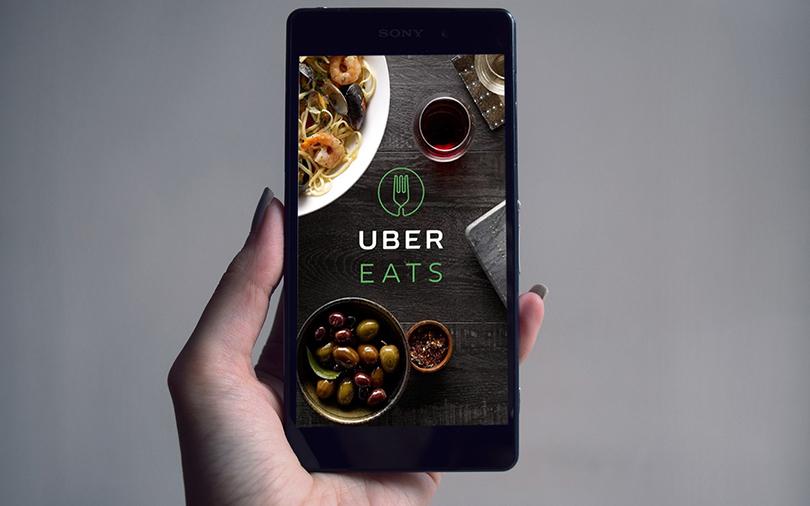San Francisco-based ride-hailing company Uber Technologies Inc. has launched its on-demand food delivery app, UberEATS, in India, starting with Mumbai.
The standalone app allows users to schedule orders, curate restaurants, personalise taste preferences and dietary restrictions as well as track delivery status.
The company has appointed Bhavik Rathod, a general manager at Uber India, to head the operations. Rathod has been with Uber since 2013. Previously, he founded and ran a startup named EmployeeSocial which creates reward and recognition programmes for employees.
“The introduction of UberEATS in India, with Mumbai as the first city, is a major step in our global expansion and showcases our commitment to the region,†Rathod said.
The application has gone live in Mumbai in partnership with more than 200 restaurant partners.
Launched in 2014 as a delivery pilot in Los Angeles, UberEATS is currently present in 78 cities across 26 countries. In Asia, the app is already operational in Bangkok, Singapore, Tokyo, Hong Kong and Taipei.
“For consumers, we are using machine learning to surface restaurant recommendations and integrating popular payment options to make transactions easy; for restaurants, we developed a tool—Restaurant Manager—to share actionable data and analytics to help grow businesses; and for delivery partners, we have built the ability for them to complete trips even when offline in low connectivity areas,†said Kartik Murthy, product manager, UberEATS Internationalisation & Growth.
Restaurant Manager, an analytics tool for partner restaurants, will makes it simpler for restaurant partners to control order flow, manage menus and improve exposure, the company claimed.
The app allows users to curate and personalise their taste preferences, schedule orders ahead of time and customise drop-offs.
Ola, Uber’s key rival in the Indian market, had shut down its food ordering and delivery service Ola Cafe in March last year, less than a year after starting it.
Integrated into Ola’s cab-hailing app, Ola Cafe was operational in parts of Bangalore, Hyderabad, Delhi and Mumbai. The company had also shut down its hyperlocal delivery app Ola Store along with Ola Café. The firm termed the two services as “experiments†introduced to leverage its technological and logistical capabilities.
Online food delivery is a tricky segment for Indian startups as it is known for intense competition, wafer-thin margins and a funding drought that shows no signs of a let-up. UberEATS will be venturing into an already crowded segment in the country where a number of home-grown startups are struggling to figure out the ideal strategy to attain positive unit economics.
Swiggy, Foodpanda and Zomato are the major food delivery companies operating in India.
Home-grown food delivery startup Swiggy registered a 65-fold increase in losses to Rs 137.18 crore for the financial year ended 31 March 2016. With overall expenses at Rs 160.77 crore, the company burnt about Rs 13 crore per month in FY2015-16. Swiggy is funded by Bessemer Venture Partners, Accel India, SAIF Partners, Norwest Venture Partners and Innoven Capital.
Rocket-Internet backed Foodpanda’s loss widened nearly four times to Rs 142.6 crore in FY2015-16. In the previous financial year, its losses stood at Rs 36 crore.
Zomato, on the other hand, has been able to reduce its cash burn substantially and grow revenue rapidly in the year through March while showing a remarkable growth in its newly launched food ordering business.
Its cash burn dropped 81% to $12 million (Rs 77.5 crore at current exchange rates) in FY2016-17 from $64 million the year before. Its revenue surged about 80% to $49 million (Rs 316 crore) during the year. Ad sales revenue climbed 58% to about $38 million while revenue from the food ordering business jumped eight times to around $9 million.







